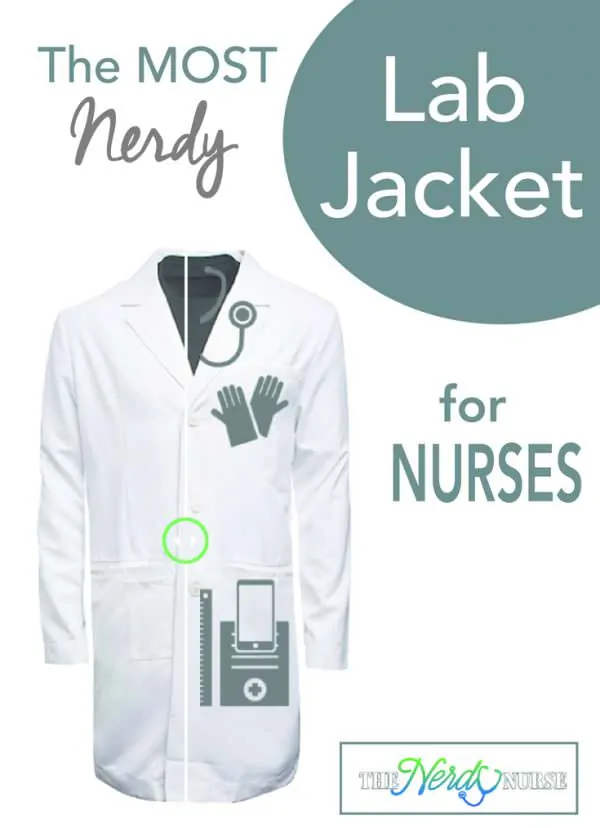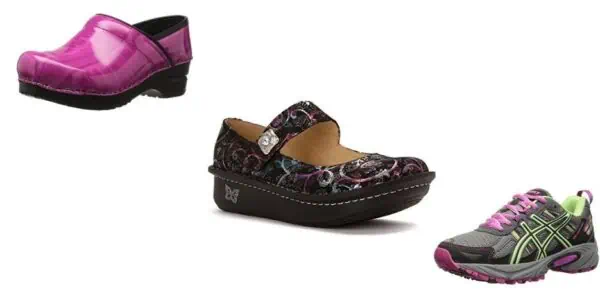Nursing is a complex profession. It is a combination of knowledge and skill that come together to deliver patient care. Many nurses find that they can learn much of what they need in the classroom. However, there are many technical nursing skills that are best mastered with a “hands on” approach sometimes in the lab, but usually at the bedside.
IV Sticks
Many hospitals have a policy that states that if the patient is admitted the an inpatient setting then they are required to have IV access. Because of this, it is important that nurses who work the floor know how to perform a good IV stick. However, many nurses won’t learn how to properly insert and IV until well after they are out of nursing school. It’s not that nurses don’t study this skill, it’s just that you really have to practice IVs to become good at them. Even though labs offer simulation technologies and mannequins, it is no substitute for threading an IV catheter through the veins of a living and breathing person.
Making an Occupied Bed
Making an occupied bed is a challenge no matter how long you have been a nurse. Hospital beds are awkward to make without a patient in them; adding a person of any size just magnifies the challenge.If you couple this with the rising obesity epidemic then you have a real pickle on your hands. You have to learn how to clean the patient and tuck the clean sheets in a way so that you are removing the dirty without soiling the clean. Sometimes this takes rolling the patient over more than once. If at all possible, you usually want to avoid rolling the patient multiple times because it can be very uncomfortable to them. There are few things more annoying than soiling your fresh linens while changing the bed. If you happen to be in an isolation room it’s even worse!
Wound Care
Just like every patient is different, so are their wounds. You should also know that every would care supply works in a different way. The only way to get good at wound care is with practice. Different skin types also vary in how they will respond the various tapes. You should always listen to your patients if they are experienced with their wound and do as little to iritate the skin as possible. Applying an ostomy bag well takes skill, patients, and sometimes a lot of luck. The more opportunities you have to ‘practice’ your nursing skills, the better.
These are just a few examples of the many skills that nurses improve on with practice. Just like driving a race car, sewing, writing, or any other skill, nursing skills can be improved with repetition. Nurses should also be staying up to date on new innovations and techniques that might improve their current processes and decrease their patient’s discomfort.
What nursing skills do you think can only be learned ‘hands on’?



You are right!The bedside is the optimal place for mastering nursing skills. Do to lack of clinical sites for nursing students (depending on the geographical area), many nurse educators are forced to have their students simulate skills inside the nursing classroom or simulation lab that previously would have been practiced in the hospital setting.
These techniques range from technical skills to communication skills. Mastering effective communication with patients and co-workers can be practiced in a simulated setting, but role playing “effective communication” in a lab can not substitute the experience gained at the bedside. At the bedside, there are the very real elements of high stress and high stakes that can not be replicated in a classroom environment. A example would be the critical communication that occurs in a code situation.
my on the floor skills
1. time management, so i can get all my work done on time
2. confidence to speak to relatives
3. accurate blood pressure
4. instilling eye drops, takes practise
5. can do positive attitude, despite the pressure
supernurse These are awesome! Time management was so hard to learn. Took me a year to get even remotely efficient.
TheNerdyNurse supernurse
Glad you like my suggestions. Just finished another full on shift, forgot to eat lunch, found a banana in my handbag Ha Ha Ha
Hi, my “on the floor” learned skills =
taking accurate blood pressure,
getting difficult/deaf/grumpy patients to take their oral medications
being confident to speak to relatives
instilling eye drops
time management so you can get all your work done on time
supernurse I struggled with blood pressure. It’s so hard to get a accurate. I hated feeling like I had to guess at it. It didn’t help anyone if it was wrong.
I know that the little things like putting on or taking off wheelchair feet was something I never even thought about in school. I remember having to do it in the “real world” and I had to ask for help….I felt like a complete idiot lol
RaeanneHolder Oh you are so right! It seems like it’s nothing but you look and feel pretty awkward when you are trying to figure it out for the first time while squatting in front of a patient. Luckily most are understanding, but I hate doing anything that undermines their confidence in me. Great suggestion!
You bring up some good points here and I think these are very important skills that nurses do need to master. In my opinion the most important “skill” for nurses is showing care and compassion to our patients, this seems to get overlooked frequently during training.